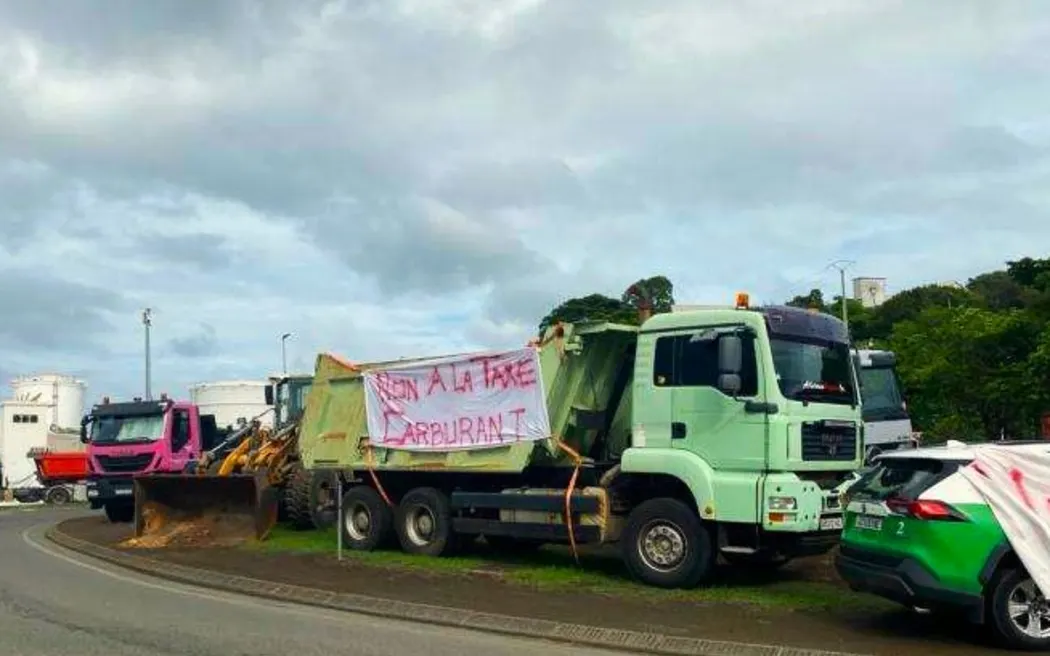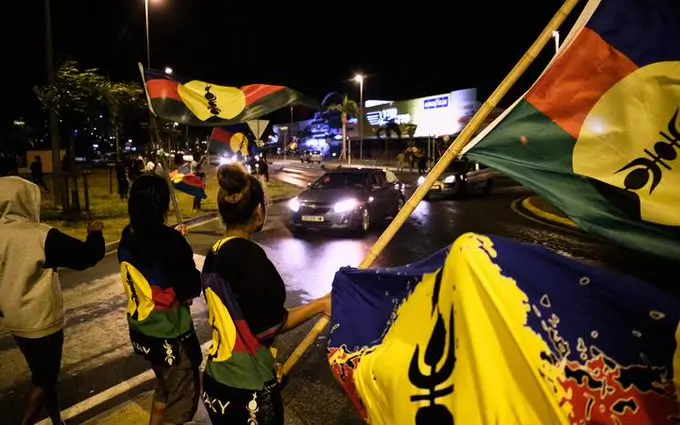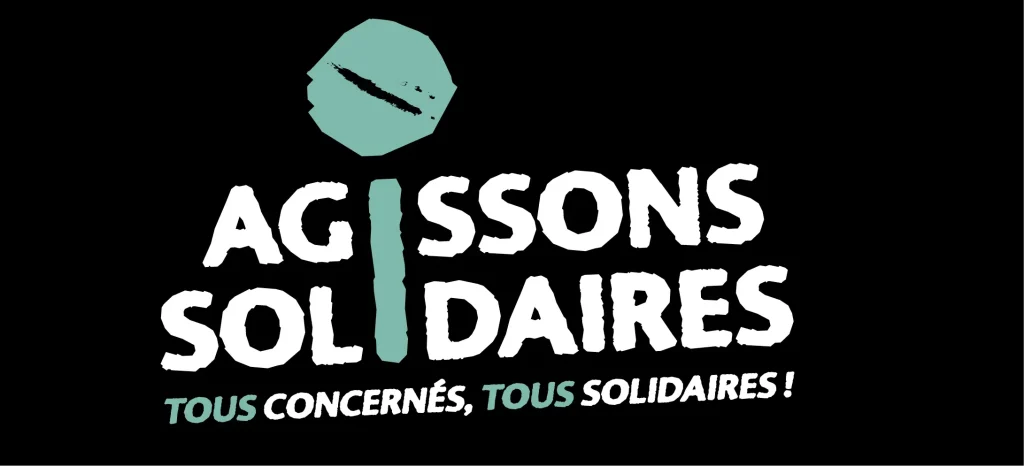
Trucks, taxis blockading the entrance to the main fuel depot in Ducos, Nouméa industrial zone
Analysis – New Caledonia finds itself entangled in a web of economic, political, and social challenges, threatening to destabilize the French Pacific archipelago.
The convergence of these issues, including a dire crisis in the nickel industry and its cascading socioeconomic impact, alongside a complex political agenda aiming to alter New Caledonia’s status within the French Republic, poses a significant threat to the region’s stability.
Over the weekend, these concerns were at the forefront of discussions during the annual Congress of the pro-independence front, the FLNKS, held in Dumbéa.

Pascal Sawa, speaking on behalf of FLNKS, highlighted the urgency of addressing these matters, with particular emphasis on political issues surrounding New Caledonia’s future and electoral roll reforms.
A key point of contention revolves around proposed modifications to the French Constitution, aiming to alter the eligibility criteria for local election voting rights.
FLNKS vehemently opposes these changes, accusing the French government of unilateral action and advocating for a withdrawal of the proposed amendments.
Instead, they call for a dialogue mission, akin to those preceding the 1998 Nouméa Accord, to be dispatched to New Caledonia.
However, internal divisions within FLNKS persist, notably regarding the electoral roll issue.
While some factions, like PALIKA, favor a more moderate approach, others, such as UC, fear the proposed amendments would marginalize indigenous Kanaks.
Despite these differences, FLNKS succeeded in rallying consensus against the French government’s proposal.
Parallel to the electoral reforms, there’s a perceived need for bipartisan consensus to replace the Nouméa Accord.
However, achieving such unity remains elusive, with reluctance from parties on both sides of the political spectrum to engage in inclusive discussions.
Additionally, New Caledonia grapples with the fallout from a global nickel industry crisis, exacerbated by competition from emerging producers like Indonesia and China.
This crisis has led to the suspension of major processing plants and threatens thousands of local jobs.
Efforts to address these challenges are further complicated by internal political discord. Pro-France parties recently walked out of Congress debates, citing lack of consultation and perceived anti-democratic tendencies within President Louis Mapou’s government.
Moreover, protests led by “Agissons Solidaires” against proposed tax projects, including a fuel tax, have disrupted fuel supplies across the territory.

In response, the French High Commission has requisitioned essential fuel stations to mitigate the impact.
Amidst growing tensions, Mapou urges unity and restraint, emphasizing the need for dialogue and cooperation to prevent further unrest.
The road ahead for New Caledonia remains fraught with uncertainty, with stakeholders grappling to navigate the intricate intersection of economic woes, political discord, and social unrest